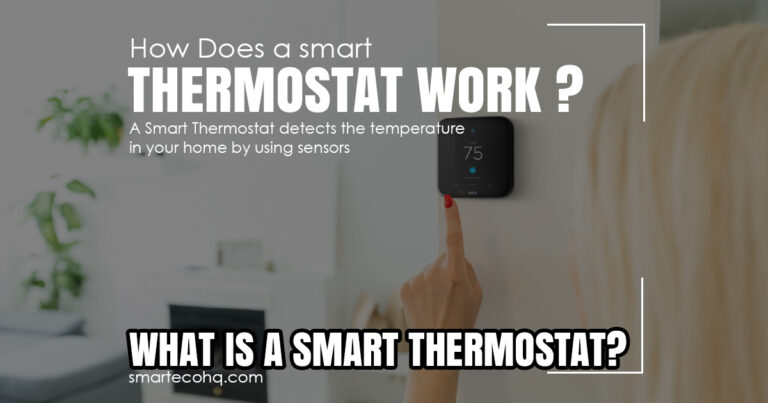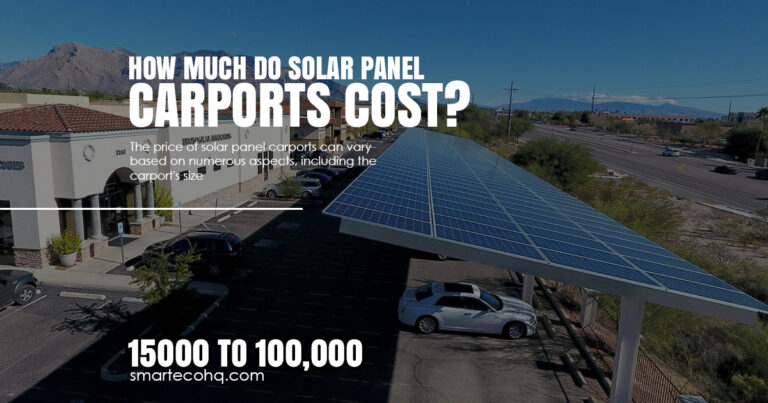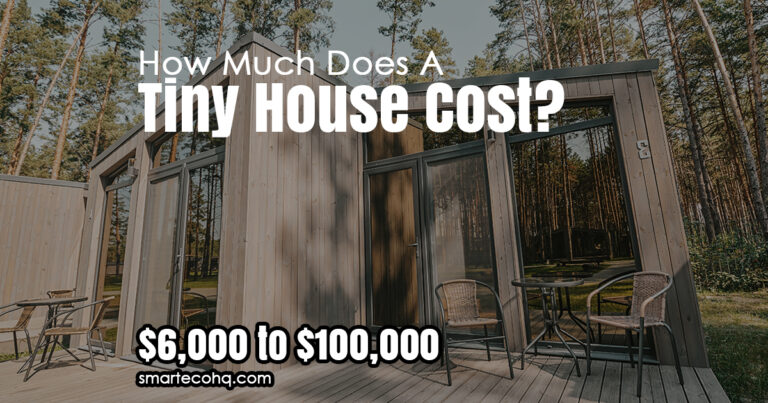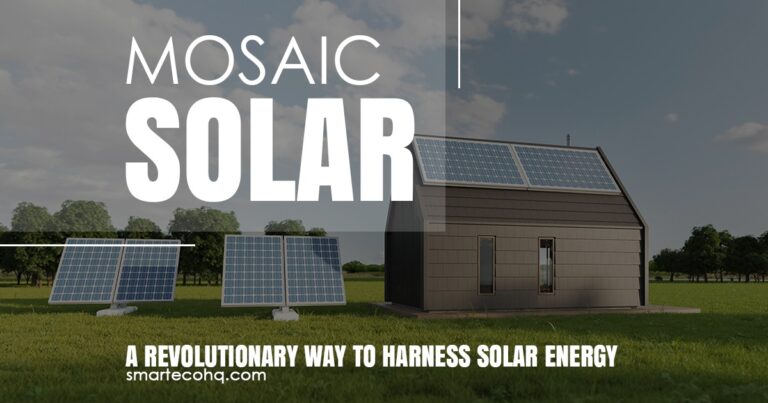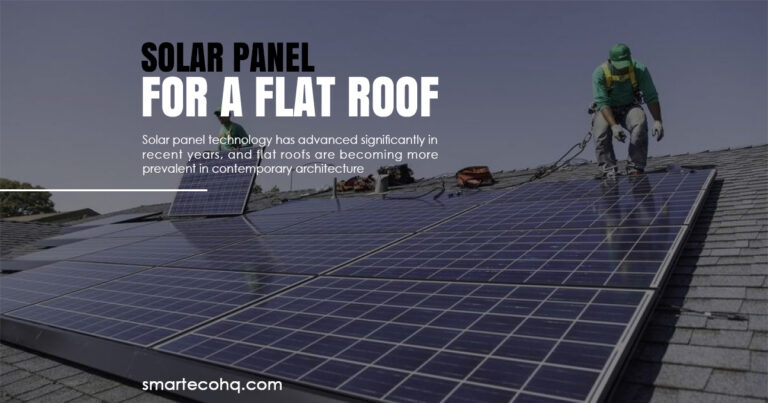Leasing solar panels—is it worth it?
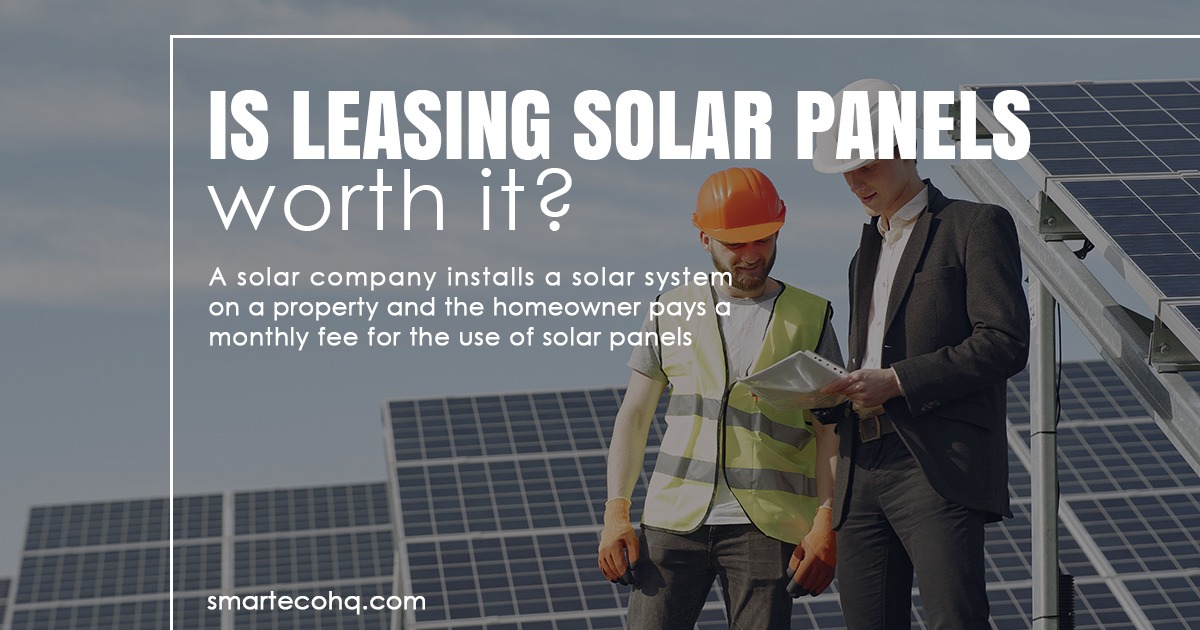
Are you looking to harness the power of solar energy for your home or business but are concerned about the high upfront costs? I’ve got the solution for you. You must have heard of Solar Leasing . With solar leasing, you can enjoy the benefits of solar energy without the financial burden of purchasing the panels outright.
In this discussion, we’ll have a detailed view of solar leasing, its work, and its pros and cons. Are you ready to make a positive impact on the environment and your finances? Let’s explore the world of solar leasing and how it can solve your energy challenges.
What does leasing solar panels mean?
Leasing Solar Panel is a contract in which a solar company installs a solar system on a property, and the homeowner pays a monthly fee for the use of solar panels that is less than the cost of your electricity bills. You pay a monthly fee to use the solar panels on your home for a set period of time, usually 20–25 years.
How does leasing solar panels work?
The solar panel leasing process is straightforward. After reading this, you will also have the answer to the most frequently asked question. How does solar city lease work?
- Firstly, property owners sign a contract with a solar company, and then the company installs a solar system on their property and connects it with their home power system.
- After this, the property owner starts paying a monthly fee for the use of solar panels. During this period, the solar companies are responsible for repairing and maintaining the solar panel systems.
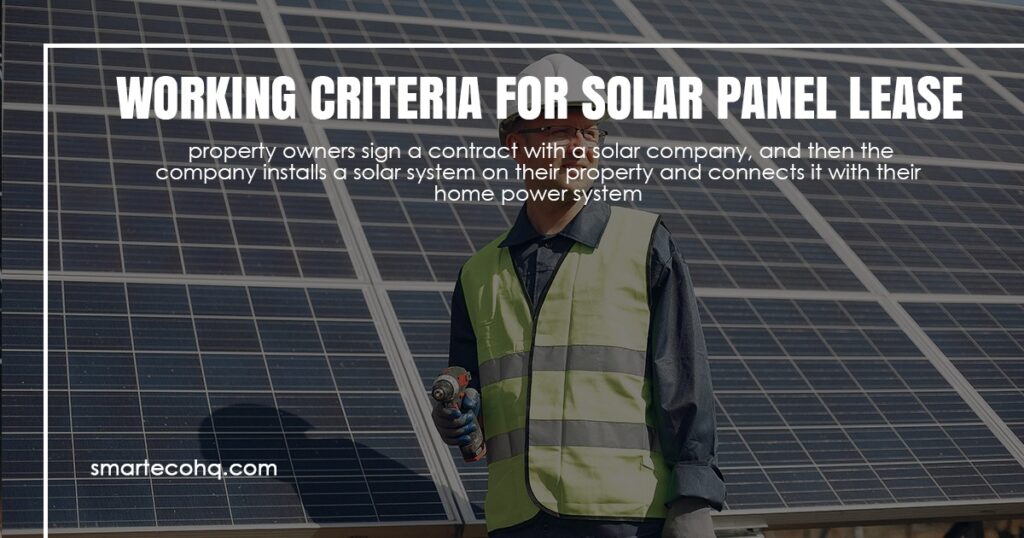
It depends on time duration and types. You must pay over a long period of time. The cost of leasing solar panels will eventually grow. You should contact a solar professional before deciding to lease solar panels.
Pros and Cons of leasing Solar Panels
There are some benefits to leasing solar panels as well as some drawbacks; the details are as follows:
| Pros | Cons |
|---|---|
| Easy Maintenance | Limited Savings |
| Lower Upfront Costs | Long commitments |
| Reduced Electricity Bills | No Ownership |
| Transferability of Lease |
Pros of leasing solar panels:
Easy Maintenance:
Leasing agreements usually include maintenance and repair services, which means property owners don’t need to worry about any extra costs for repairs.
Lower Upfront Costs:
One of the most significant advantages of a solar panel leasing system is the lower upfront cost. Property owners can enjoy renewable and clean solar energy without investing in this system.
Reduced Electricity Bills:
With Solar Panels, property owners will save money on electricity bills. This energy is free and renewable, which means that property owners can generate their own electricity.
Cons of leasing solar panels
There are some disadvantages to leasing solar panels.
Limited Savings:
As you lease the system, you must pay a specific sum back to the company. As a result, you will save less money on your electricity bills in the long run.
Long-Term Commitment:
Contracts for solar panel leasing often last 20 to 25 years, binding you to pay a monthly cost for an extended period of time.
No Incentives:
Because homeowners who leased solar panels did not own the panels, they were not eligible for tax breaks relating to solar panels.
Transferability of the Lease:
Some leasing contracts or agreements prohibit the transfer of leases to others. Another question is, What happens if I sell my house with leased solar panels? You may have difficulty transferring the lease to the new owner.
Leasing solar panels vs buying solar panels
The differences between leasing panels and buying solar panels are detailed below:
| Leasing Solar Panels | Buying Solar Panels |
|---|---|
| A third party owns the panels | The buyer owns the panels |
| Limited upfront cost | High upfront costs |
| Pay on monthly basis | Can pay off or pay back investment |
| Can save on utility bills | Can save on utility bills |
In terms of upfront costs, leasing solar panels is less expensive than buying solar panels. The monthly payments for leasing are lower as well, but the total savings are lower than those from purchasing solar panels.
Monthly loan payments end when the system is paid off, whereas monthly lease payments continue for the duration of the lease.
Is it worth to lease Solar Panels?
The decision to lease solar panels is ultimately determined by several considerations, including your Energy Usage, budget, and long-Term ambitions.
If your energy consumption is excessive and you want to lower your energy costs, leasing solar panels is a wonderful alternative because you do not have to spend money on purchasing solar panels for your solar power system.
It is also important to consider the long-term agreement required for leasing solar panels as well as the fact that you have no control over the maintenance and installation of the system.
How much do solar farm leases pay?
Lease payments for solar farms vary depending on location, size, and market conditions, but typically range from $1,000 to $2,000 per acre per year, depending on individual agreements and regional factors.
The following are the monthly payments on a solar lease over time:
| LEASE YEAR | MONTHLY PAYMENT | ANNUAL COST |
| 1 | $100 | $1200 |
| 5 | $112.55 | $1,350.61 |
| 10 | $130.48 | $1,565.73 |
| 15 | $151.26 | $1,815.11 |
| 20 | $175.35 | $2,104.21 |
How much does it cost to lease solar power?
Lastly, in the above discussion about “is leasing solar panels worth it?” I have provided much information for those who want to reduce their electricity bills without investing in installing solar panels. Solar companies will cover all costs associated with solar panel repair, but in this system, a Long-term agreement requires you to pay monthly fees for using solar panels for 20 to 25 years.
However, it may be worth it or not, depending on your individual circumstances. To make an informed decision, you have to consider all the pros and cons and also consult with a solar expert to make the right choice according to your needs.
FAQs
1. What happens at the end of a solar panel lease?
Solar leasing typically lasts 20-25 years, matching the average lifespan of solar panels. After the lease expires, you can renew, remove, or purchase the panels at a reduced cost.
2. Is a solar lease worth it?
People who do not want to deal with the hassle of maintaining solar panels or who move every 5 to 10 years may benefit from a solar lease. Solar leasing may also appeal to customers who cannot afford to pay a large sum of money up front.
You will save money—usually 10% to 30% off your current monthly bill. Some PPAs have a fixed rate, but others have a payment schedule that increases each year.
3. What is a power purchase agreement?
Homeowners in certain states can lease solar panels or enter into power purchase agreements (PPAs). Under these terms, a third party owns and installs the system on your roof, and you pay them for your monthly energy consumption.

